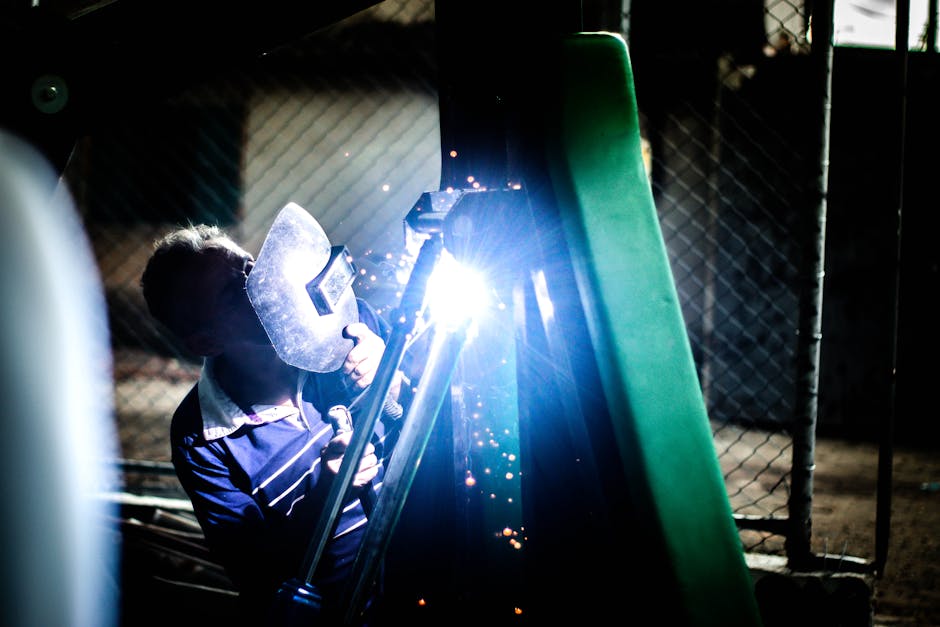Introduction to Heating Efficiency
Heating efficiency is all about getting the most warmth for your buck. It means your heating system uses less energy to keep your home cozy. Why does this matter? Because it lowers your bills and is better for our planet. Think of your heating system like a car. You want it to go the distance without guzzling too much gas. The same goes for your heater at home. Some folks think you need fancy equipment to achieve this, but that’s not the whole story. Sure, modern systems help, but how you use and maintain your heater plays a big part too. Whether you’re cranking up an old furnace or installing a brand new one, understanding how to make it work efficiently is key. In this guide, we’ll dive into what makes a heating system efficient, how to choose the right one, and tips to keep it running smoothly. Remember, smart choices and regular upkeep can turn any heater into a lean, mean, warmth-providing machine.
Choosing the Right Heating System for Your Home
Choosing the right heating system for your home isn’t just about staying warm; it’s about doing it efficiently and saving money in the long run. Let’s break it down. First off, think about the fuel type. Natural gas is common and relatively cheap, but not available everywhere. Electric systems are everywhere but can spike your energy bill. Then there’s the efficiency rating to consider. Look for systems with a high Annual Fuel Utilization Efficiency (AFUE) number. Higher means more efficient. Size matters too. Too big and you waste energy. Too small and you’re always cold. Get a pro to do a load calculation for the right fit. And remember, a good insulation at home makes any system more effective. It’s not just about the heater; it’s the whole package.
Installation Tips for Maximum Heating Efficiency
When it comes to heating your home, correct installation makes all the difference. First off, get a pro to install your heating system. They know how to pick the right size and type for your space. Wrong size? You’ll waste energy or won’t get warm enough. They’ll also place it smartly to ensure it heats efficiently. Key point: insulation. Make sure your home is well-insulated. This acts like a cozy blanket, keeping warm air in. Next, think about thermostat placement. Don’t put it near windows or doors where drafts can trick it, causing your heater to work overtime. Regular maintenance is your friend. A well-maintained heater uses less energy and keeps you warm without the extra cost. Last tip: get programmable thermostats. They adjust the temperature for you, saving energy when you’re not home. Follow these tips, and you’ll feel the warmth without burning through cash.
The Role of Insulation in Heating Efficiency
Insulation is a big deal when it comes to heating efficiency. Think of your home like a thermos. Without good insulation, the heat just leaks out, and your heating system has to work overtime to keep things cozy. That means higher energy bills and a colder house. Proper insulation acts like a snug blanket around your home. It keeps the warm air in during winter and the hot air out during summer. The key areas you need to insulate are your attic, walls, and floors. By beefing up insulation in these spots, you can maintain a comfortable temperature inside without cranking up the heat. Plus, it’s not just about staying warm. Good insulation also means your heating system doesn’t have to work as hard, which can extend its life and save you money on repairs. In a nutshell, investing in good insulation is a smart move for keeping your house warm and your heating costs down.
Thermostat Settings and Heating Efficiency
Setting your thermostat correctly can make a big difference in how much you pay for heating. It’s simple – keep it lower when you’re not home or sleeping. For most, setting it around 68 degrees Fahrenheit during the day and lowering it by about 10 degrees at night or when you’re away can cut down your heating bill significantly. Don’t keep messing with it, though. Constant adjustments can make your heating system work harder, which isn’t what you want. If you have a programmable thermostat, use it to set these changes automatically. That way, your home is cozy when you need it without wasting energy. Remember, every degree you lower the thermostat, you save energy and money. It’s all about finding that sweet spot between comfort and efficiency.
Regular Maintenance to Ensure Optimal Performance
Regular upkeep is essential for keeping your heating system running at its best. Think of it just like taking care of a car; without routine checks and maintenance, it won’t run smoothly. Here’s what you need to know: Always clean or replace filters every few months. Dust and dirt can clog them up, making your system work harder and less efficiently. Check your system’s airflow. Blocked vents can cause the system to overwork. Ensure vents are not covered or blocked by furniture. Get a professional tune-up once a year. This isn’t just about checking for problems but also about keeping your system running as efficiently as possible. Think of these steps as small investments. Not only do they extend the life of your heating system, but they also ensure it uses energy as efficiently as possible, saving you money on bills in the long run. Don’t wait for a breakdown to give your heating system attention. A little care goes a long way.
Upgrading Your System for Better Heating Efficiency
Upgrading your heating system is a surefire way to boost efficiency and cut down on those pesky energy bills. Let’s face it, nobody likes paying more for heating than they have to. The trick is knowing when to upgrade and what to look for. First off, age matters. If your furnace or boiler is older than 15 years, it’s about time for a makeover. These old warriors just aren’t as efficient as the newer models. Today’s systems often have an Annual Fuel Utilization Efficiency (AFUE) rating of over 90%. That’s basically tech talk for how well they convert fuel into heat. The higher the number, the less fuel you’re wasting.
When shopping for a new system, look for the ENERGY STAR label. It’s like a high-five for energy efficiency. These systems meet strict criteria set by the U.S. Environmental Protection Agency, ensuring they use less energy to keep you cozy. Also, consider the type of system. Furnaces and boilers are the usual suspects, but heat pumps are becoming more popular due to their ability to both heat and cool spaces while using less energy.
Lastly, don’t overlook the importance of professional installation. A system that’s not properly installed is like a leaky bucket – you’ll lose heat and money. Make sure to hire a qualified technician who knows the ropes. They’ll ensure your system is the right size for your home, properly installed, and tuned to run at peak efficiency.
In short, upgrading your heating system is not just about staying warm; it’s about being smart with your energy use and saving money in the long run. With the right system and a pro installation, you’ll feel the difference in comfort and in your wallet.
Utilizing Smart Home Technologies for Enhanced Control
Smart home technologies are revolutionizing how we interact with our home heating systems, offering unparalleled control and efficiency. These technologies include programmable thermostats, smart heaters, and apps that let you manage your home’s temperature from anywhere. With a smart thermostat, you can customize heating schedules, adjust temperatures based on your daily routine, and even set it to recognize when you’re not home, ensuring energy is not wasted heating an empty house. This not only makes life more convenient but also helps in reducing your energy bills. By embracing these smart technologies, you’re taking a big step towards making your home more energy-efficient and comfortable. It’s all about heating your home smarter, not harder.
Common Mistakes That Decrease Heating Efficiency
When trying to keep your home warm, you might be unknowingly making some mistakes that lower your heating system’s efficiency. First, skipping regular maintenance is a big no-no. Think of it like this: you wouldn’t drive your car forever without a check-up, right? Your heating system needs the same attention to run smoothly. Another mistake is ignoring air leaks. Small drafts from windows and doors might seem minor, but they make your heater work overtime to keep up. Also, setting your thermostat too high can backfire. It’s tempting to crank up the heat on super cold days, but this can strain your system and your wallet due to higher energy bills. Using the wrong size heating system can be an issue too. Bigger isn’t always better; a system that’s too large or too small for your space won’t run efficiently. Lastly, blocking vents with furniture or curtains restricts airflow, making your system struggle to heat your home evenly. Avoid these common pitfalls to keep your heating system running at its best.
Summary: Key Takeaways for Maintaining Heating Efficiency
Maintaining heating efficiency is simpler than it sounds. To ensure your heating system runs smoothly and saves you money, here are the essential takeaways: First, regular maintenance is non-negotiable. This means having a professional check and tune your system annually before winter. Second, replace filters every few months to keep air flowing freely. Third, consider upgrading to a smart thermostat. It learns your schedule and adjusts the heating accordingly, saving you cash. Fourth, seal leaks in windows and doors to stop warm air from escaping. Last, insulate your home well to keep the warmth where you want it. Stick to these points, and you’ll keep your home cozy without burning through your wallet.










